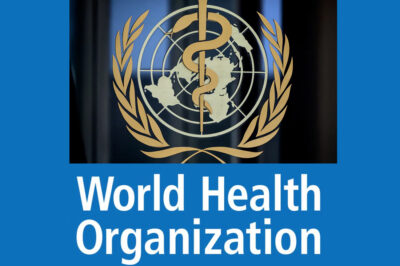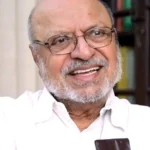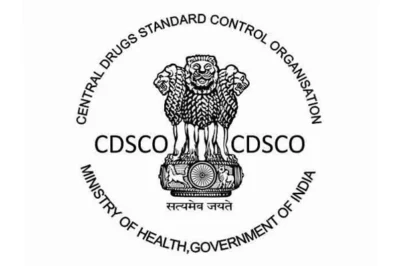Founded in 1948, the World Health Organization (WHO) was envisioned as a beacon of global health and safety. Tasked with leading international efforts to conquer disease and enhance quality of life worldwide, WHO has worked tirelessly to uphold its founding principle: promoting “the highest possible level of health” for all people. But, as we look to the future, questions arise about how effectively WHO is fulfilling its ambitious mandate. On the eve of another World Health Day, let’s delve into the achievements and challenges of this pivotal organization.
The WHO’s Mission and Impact:
The WHO was not just a successor to the League of Nations’ health efforts; it was a complete reimagination of what international health cooperation could achieve. With responsibilities ranging from controlling epidemics and setting medical standards to promoting mental and social well-being, WHO’s scope is broad and complex. Its definition of health goes beyond the absence of illness, advocating for a holistic approach that encompasses complete physical, mental, and social well-being.
Global Initiatives and Successes:
Over the decades, WHO has spearheaded numerous global health initiatives that have combated diseases and improved life expectancy. Successful campaigns like the eradication of smallpox and near elimination of polio stand as testaments to its impact. These efforts not only alleviate suffering but also contribute to economic stability and development by reducing healthcare costs and improving workforce productivity.
Challenges and Criticisms:
Despite its successes, WHO faces criticism over its handling of recent global health crises, such as the COVID-19 pandemic. Critics argue that political influences and funding constraints have hindered its ability to respond effectively to global emergencies. Additionally, the organization’s goal of universal health coverage remains elusive, with significant disparities in health access and quality still prevalent across different regions.
Looking Ahead:
As WHO continues to adapt to the ever-changing landscape of global health, it remains to be seen how it will tackle new challenges such as climate change-related health issues, rising non-communicable diseases, and health inequities exacerbated by political and economic instability.
Conclusion:
The role of the World Health Organization in shaping global health policies is undeniable. As we observe another World Health Day, it’s crucial to reflect on how WHO can evolve to meet the needs of a changing world, ensuring that its founding vision isn’t just aspirational but a tangible reality for all. Engaging in this discourse is not just about critique but about actively participating in shaping a healthier future.




































































Leave a Reply